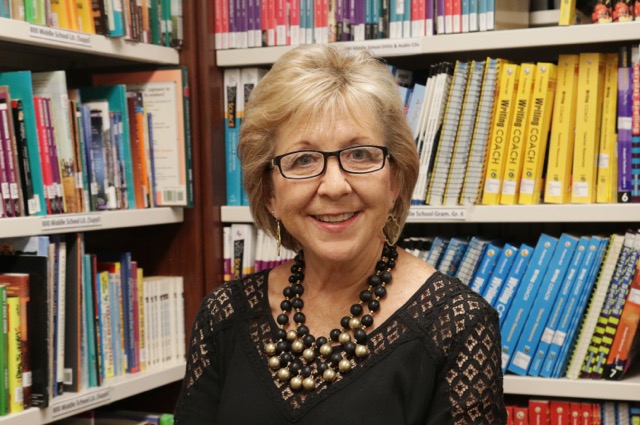By Marty DeLeon
From classrooms to board rooms, public schools all across Texas are sending distress signals about their lack of funding. The big question is: Can lawmakers save school finance this time? To solve school finance, to do something previous Legislatures could not accomplish, lawmakers will have to do the equivalent of leaping a tall building in a single bound and be faster than a locomotive. Lawmakers have their chance to display their heroism during the 86th Legislative Session that began January 8.
The Riddle
This legislative session begins with much buoyancy and hope. The November elections suggested that voters want change. While Republicans control the Governor’s mansion and both chambers, the House and Senate have shifted more to the middle compared with last session’s roster. Thanks in part to the Beto effect, there are more Democrats in the Senate and House, which will likely force members to reach across the aisle. Plus, the Texas House selected a new Speaker, Dennis Bonnen, who has proclaimed his top priority this session will be school finance, an issue that has bedeviled many. A Winston Churchill quote is apt: “It is a riddle, wrapped in a mystery, inside an enigma . . . ” School finance is byzantine, full of algebraic formulas, arcane terms, and complex figures. With more than 1,000 school districts, varying in size, and student populations as diverse as the color spectrum, there are dozens of formulas and allotments. With so many formulas and allotments, come constituencies. Any changes will cause a ripple effect that we are sure to see firsthand at our schools. Any changes will not be simple. The question remains: What changes can we expect?
Show Me the Money
With the state’s share of public education hovering around 35%, many hope lawmakers will turn around this trend around and pump more new money into the school finance system. In fact, both the House and Senate released their base budgets putting in $9 billion and $6 billion, respectively, into public education. Is all this money really for public schools? Not exactly. While the House would like to enact legislation that increases the state share and reduces recapture, the Senate is interested in giving only classroom teachers a $5,000 a year pay raise. Both bills, however, seek to provide significant local property tax relief which will not be cheap. What about the lottery? The lottery, in a good year, raises $1 billion. To fund public schools for one year costs the state roughly $20 billion. What about our Rainy Day Fund? The state predicts there will be roughly $15 billion by August 2021.
What About G/T?
The Texas Commission on Public School Finance, made up of lawmakers and educators, has spent the past year researching the school finance issue. Their final report was due December 31, 2018. The Commission seems intent on streamlining many formulas and allotments, including the G/T Allotment. The Commission seeks to eliminate outdated formulas, update policy on student outcomes, and create “savings.” This proposal has 29 such recommendations. It is reminiscent of SB 2145 from last session. Recall TAGT repelled the effort to repeal the G/T Allotment. Without any superpowers or capes, TAGT was able to make a difference. That legislation did not pass; however, we can expect a similar approach this coming session. Lawmakers need to know and be reminded that any school finance legislation needs to include the continuation of the G/T Allotment. If Avengers: Infinity War left us wondering if there any heroes left, TAGT knows its members will be here working for a Hollywood ending.
Marty De Leon, an attorney with Escamilla & Poneck, is about to begin his 10th legislative session at the Capitol, having started in 2000. Marty serves as Policy Consultant for TAGT. In his career, Marty spent 7 years at TASB Governmental Relations representing ISDs on all issues, including school finance, governance, curriculum, and much more. He spent 2 years at the State Comptroller’s office working on tax policy. Marty is known in the Capitol for his education policy expertise and his ability to work with Republicans and Democrats. A graduate of UC Berkeley, Marty taught fifth grade at Edgewood ISD before beginning his legal career.






